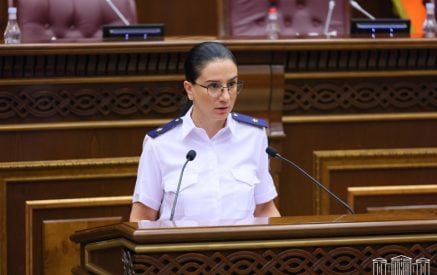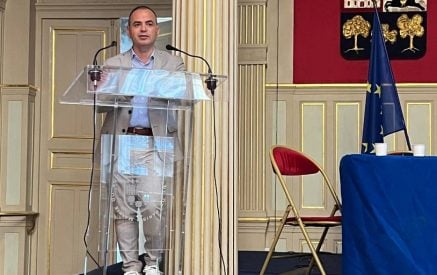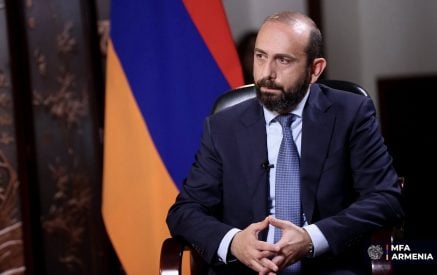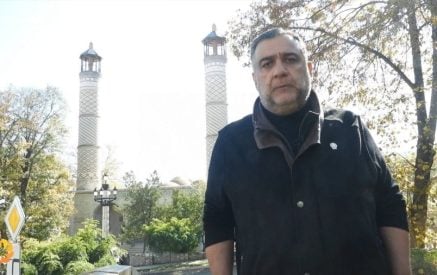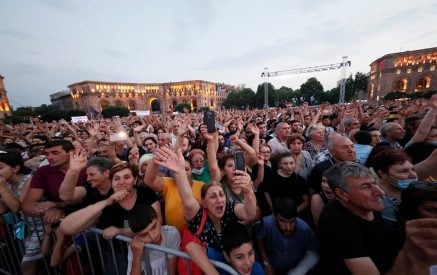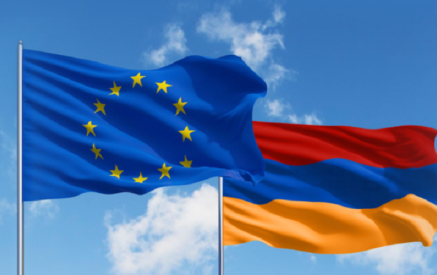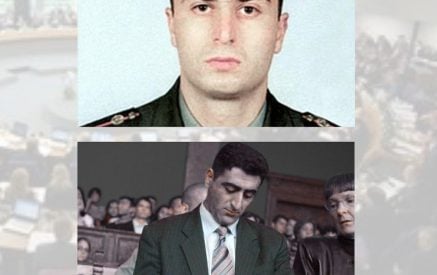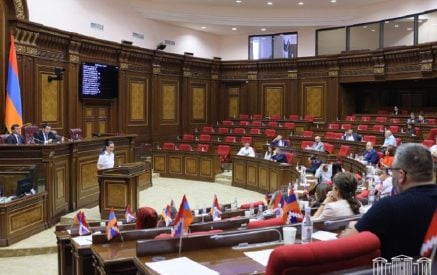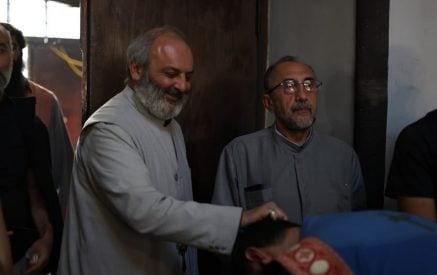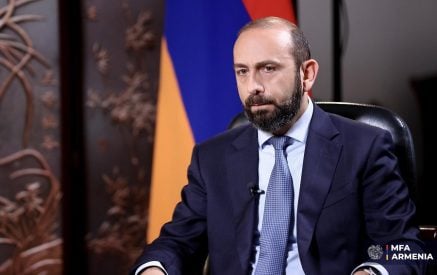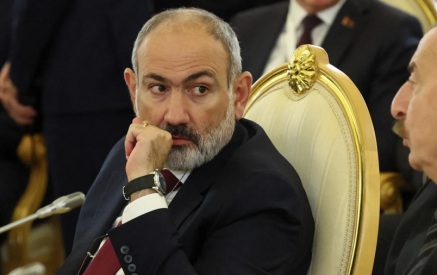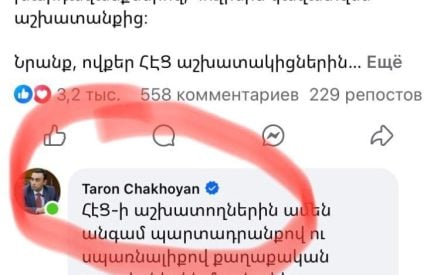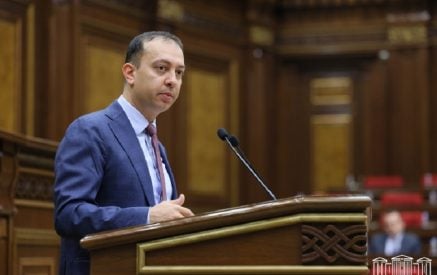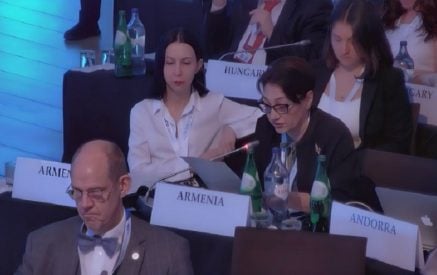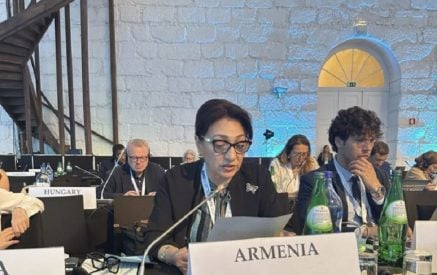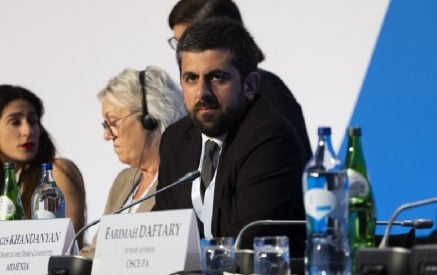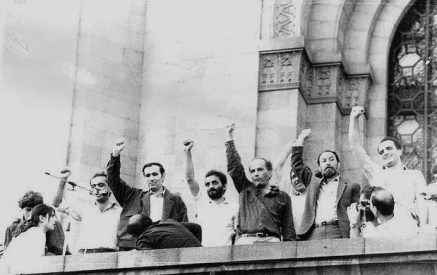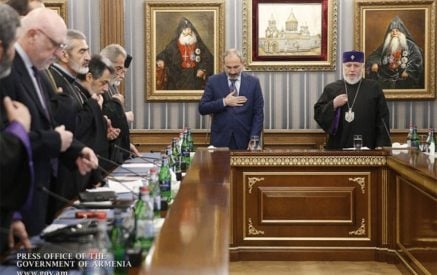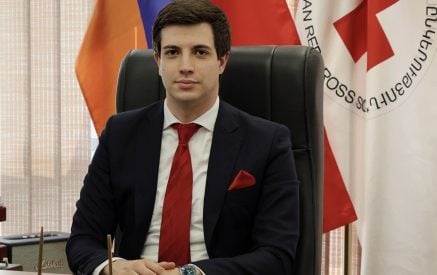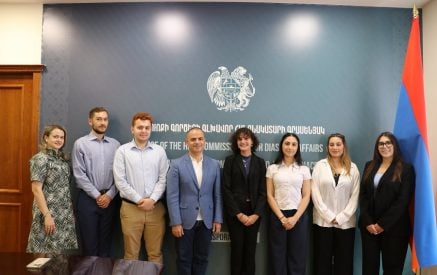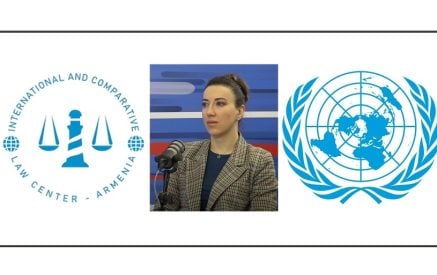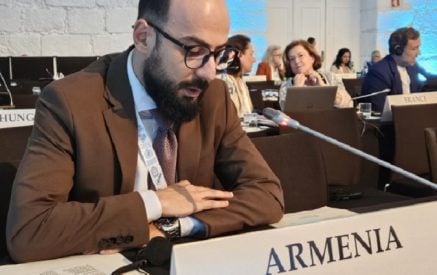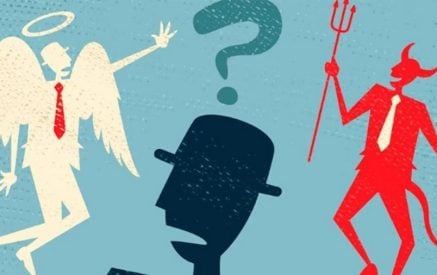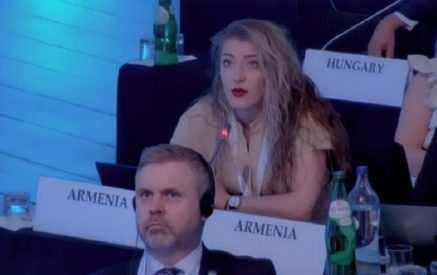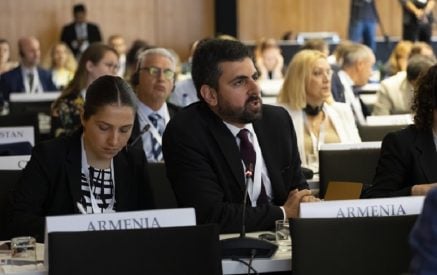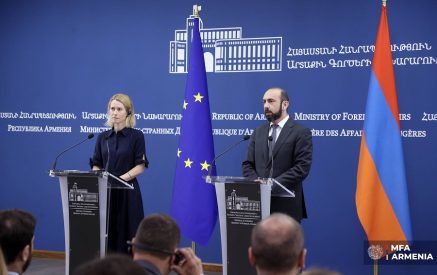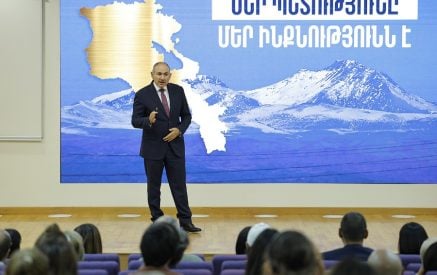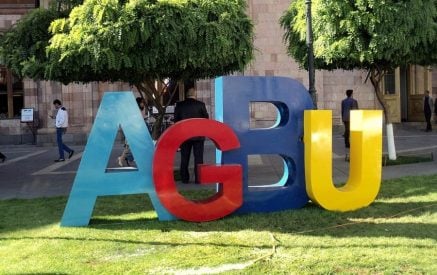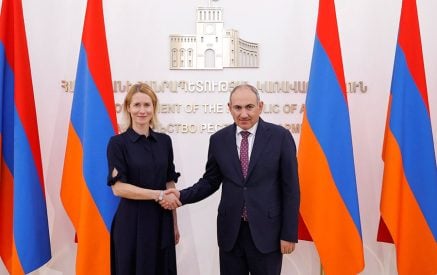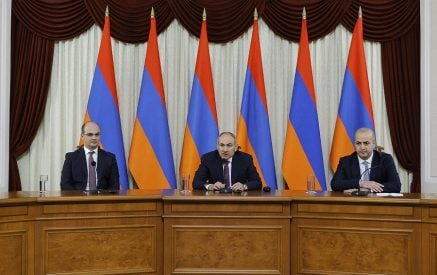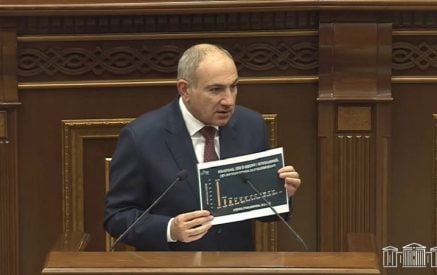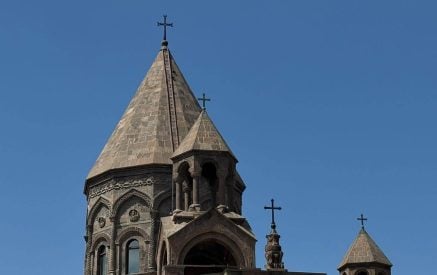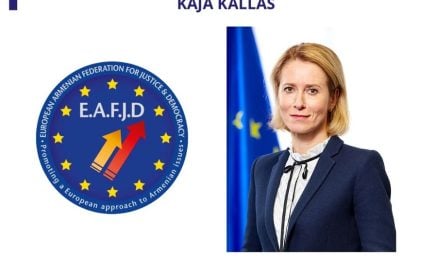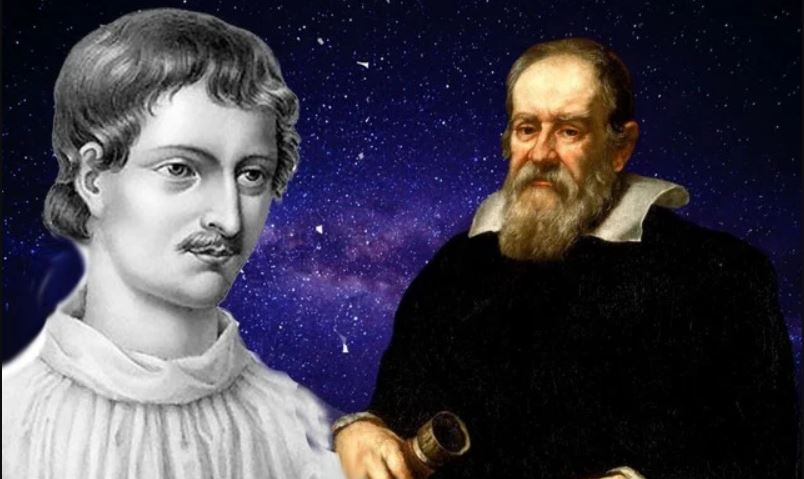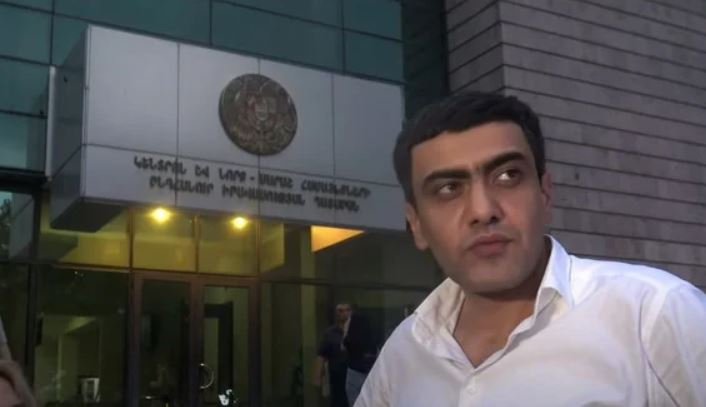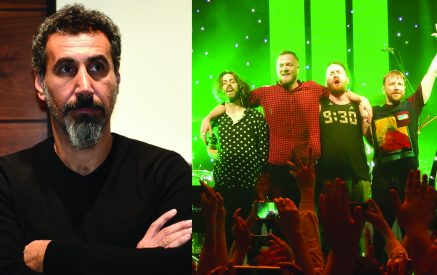From the Catholic inquisition to modern Armenia
Why do states resort to repression? Answers may vary from holding power to establishing order in the country. And those answers are correct in the case of this or that country. But such comments often omit the economic component. When we say repression, some modern people understand the Catholic Church in the first place. As in many other issues, reality and myth are intertwined. False, exaggerated notions were first formed under the influence of the Protestants and then the horror propaganda “thrillers” of the Enlightenment.
In particular, Giordano Bruno was not a liberal revolutionary who was burned for his atheistic views. He was a Dominican monk who had voluntarily left the congregation several times but later returned. He practiced magic. He was arrested on a completely secular charge in connection with real estate fraud in modern language. The examination, conducted by the council of cardinals, lasted eight years, during which Giordano did not suffer much. In the end, the council offered the monk to repent, but he refused, and only after that to be burned (of course, it is not necessary to back down from saying that burning people is a good practice).
The famous scientist Galileo Galilei was not executed by anyone, as many believe. He died at a very old age. Galileo was involved in many political intrigues, writing political pamphlets against Pope Urban VII, who, by the way, was considered his friend. However, after pleading guilty, he was pardoned, deprived of the right to teach at the University of Padua, and spent the last years of his life under house arrest, receiving a solid pension from the Holy See. After repenting, he never said that the earth was spinning anyway, it was also a “fake news” of Protestant propaganda.
Read also
At the same time, the Catholic Church has persecuted and tortured people, perhaps not to the extent we can imagine. At the core, at least, from the 16th to the 17th centuries, was the struggle of the Catholics, the Protestants, which was, of course, political (within states), but also economically, among the avant-garde’s bourgeoisie demanding greater rights. Can these persecutions be called mass? Experts explain how mass repression differs from “pointed.”
The problem is not so much the number of people being pursued as the principle of choosing targets. In the case of “pointed” repression, those who oppose the regime or the ruling ideology are repressed. As it is, it is not only in the case of the Catholic faith. The target of mass repression is this or that group of people, regardless of the political behavior of the representatives of that group. For example, the educated population of the country or, say, the Jews. It was with these characteristics that mass repressions were carried out in Stalin’s Soviet Union and Nazi Germany.
But be aware that this requires an economically interested class that is ready to replace the persecuted group. For example, if the intellectuals living in the city are arrested and exiled, then their apartments are occupied by young people from the villages. This is the case, for example, in Belarus now, where the above-mentioned young people are joining the ranks of the police. The more enthusiastically they beat the protesters, the better their chances of getting an apartment in the city.
There are no such events in Russia or Armenia. The repression here is targeted at those who oppose the regime. Do you welcome the “special operation”, do you call for the destruction of the “Bender fascists”? Very well, your “patriotism” will be rewarded in one way or another. This is in Russia. Do you expose former “robbers” on Facebook and in interviews? The pressures are thus pointed.
What are the goals of repression in Armenia? Again, we can say that they are different. But here, too, let us not forget economic interests. For example, the goal is for Arush Arushanyan or Mamikon Aslanyan not to be mayor. The goal seems to be purely political. In particular, mayors may or may not contribute to the reproduction of power. But there is also an economy beneath, the issue of taking over the community budget and local businesses. That is the “magic” of today.
Aram Abrahamyan



